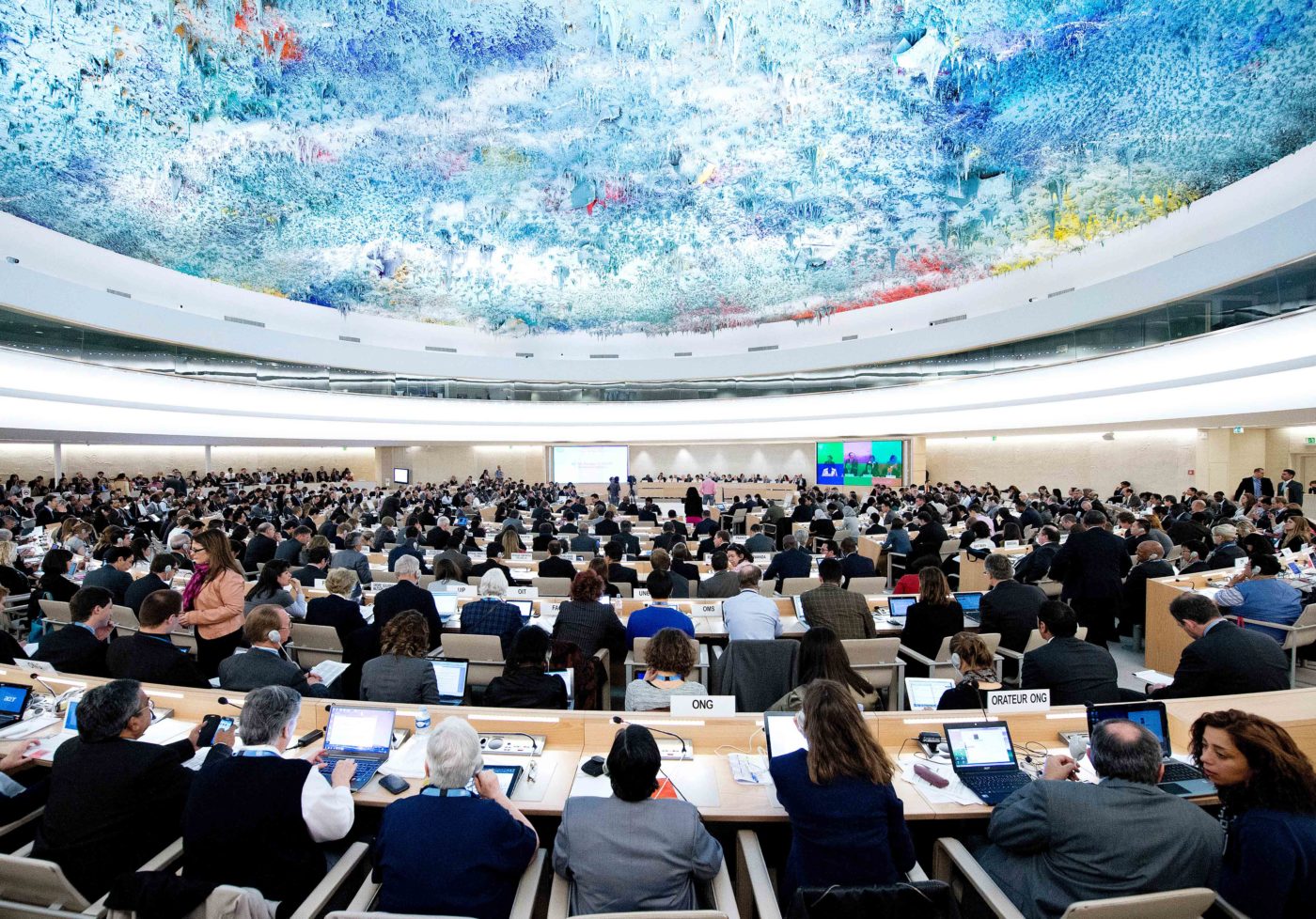On 30 March 2022, the International Commission of Jurists (ICJ) made a submission to the Working Group on the Universal Periodic Review, addressing worrying developments in Tunisia and proposing appropriate recommendations.
The submission, which was made ahead of the 41st Session of the Working Group on the Universal Periodic Review, aimed to draw attention to the detrimental impact of President Kais Saied’s 25 July 2021 power grab on the rule of law, the independence of the judiciary, the separation of powers, and the protection of human rights in the country. Its fallout has included attacks on the independence of the judiciary, including the dissolution of the High Judicial Council, the increased use of military courts to try civilians and attacks on civil society.
The ICJ submission provided a thorough outline of events that have transpired since 25 July 2021, when President Kais Saied declared the “state of exception” in Tunisia, and analyzed the measures adopted in light of Tunisian law and international law and standards. Among several other recommendations, the ICJ calls on the Working Group to urge the Tunisian authorities to re-establish the Constitutional order and reinstate the Parliament and the constitutional institutions and bodies suspended or dissolved under the State of Exception.
The Universal Periodic Review (UPR) process is an opportunity for United Nations Member States to examine each other’s human rights records and offer recommendations. All States go through the UPR process every six years.
The full text of the submission can be viewed or downloaded in PDF form here.
Contact:
Said Benarbia, Director of the ICJ’s Middle East and North Africa Programme, email: said.benarbia(at)icj(dot)org, phone number: +41-22-979-3817
Asser Khattab, Research and Communications Officer at the ICJ’s Middle East and North Africa Programme, email: asser.khattab(at)icj(dot)org




